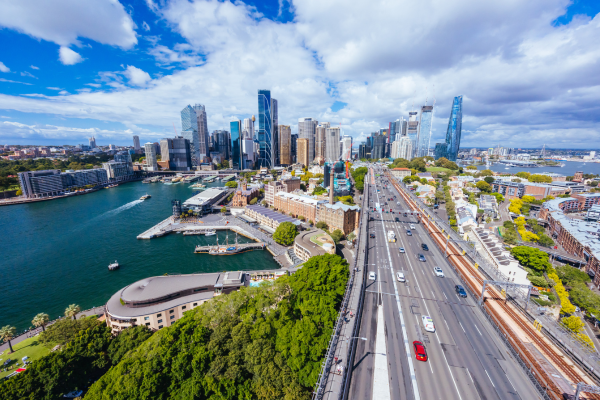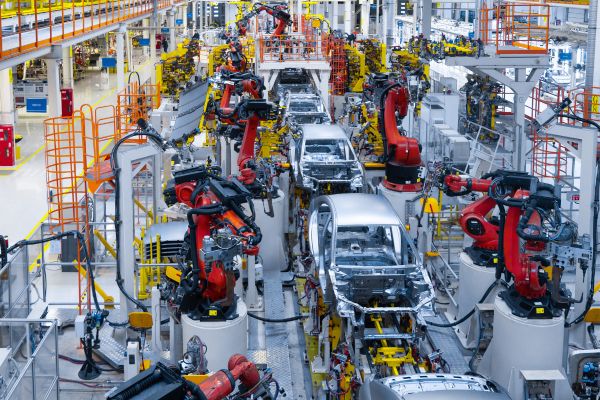The International Energy Agency (IEA) projects more than 300 million electric vehicles (EVs) will be in use by 2030, when it is also expected that 12 million tonnes of lithium-ion batteries will reach end of car life. However, recycling batteries is an energy intensive exercise. In the meantime, the IEA also forecasts that demand for minerals to use in EVs and battery storage could grow by 30 times by 2040, noting that half of all raw materials used in battery production are already mined in Australia. To meet the federal government’s emission target means reaching 1 million EVs by 2027 and around 3 million by 2030. Leading voices in the electric vehicle industry gathered to discuss critical challenges and consider solutions that could contribute to a sustainable future by 2030. Here’s a recap of their main conclusions.
Summary of Key Discussion Points:
- Infrastructure Development: Ensure infrastructure, such as charging stations, is ready to support the growing demand for EVs, addressing potential bottlenecks in urban and rural areas.
- Government Support: Advocate for continued government support through policies and funding to enable the transition to EVs, ensuring that regulatory frameworks are conducive to growth.
- Lifecycle Sustainability: Improve the lifecycle sustainability of EV batteries by promoting recycling and reuse initiatives, reducing the environmental impact of battery production and disposal.
- Critical Minerals: Capitalise on Australia’s critical mineral resources for battery production, encouraging local processing to add value and create jobs.
- Consumer Preferences: Balance consumer preferences for longer-range EVs with the need for smaller, more efficient batteries, promoting models that meet various usage patterns.
- Public Transport: Promote the electrification of public transport, such as buses and freight vehicles, to reduce private car use and overall emissions from the transportation sector.
Speakers, Presenters and Moderators:
Carola Jonas, Founder and CEO, Everty
David Doral, Co-Founder and CEO, Dovetail Electric Aviation
Elsa Dominish, Research Principal, Institute for Sustainable Futures, University of Technology Sydney
Grant Caffery, Director – Australia, Clareo
Katharine Hole, CEO, Australian Battery Recycling Initiative Lachy Haynes, Partner, Energy Transition, PwC
Marcus Dawe, CEO and Cofounder, MCI Carbon
Matt Topp, Head of Sales, Evnex
Natalie Thompson, Senior Manager, Policy, Electric Vehicle Council
Richie Merzian, International Affairs Manager, Smart Energy Council
Slava Kozlovskii, Founder and CEO, evee
Vivian Miles, Chief Strategy Officer, NRMA
Read more in the September 2024 issue of Impact Leadership magazine.
Source of Information: Impact X Summit Sydney: Climate and Nature 2030 Report










